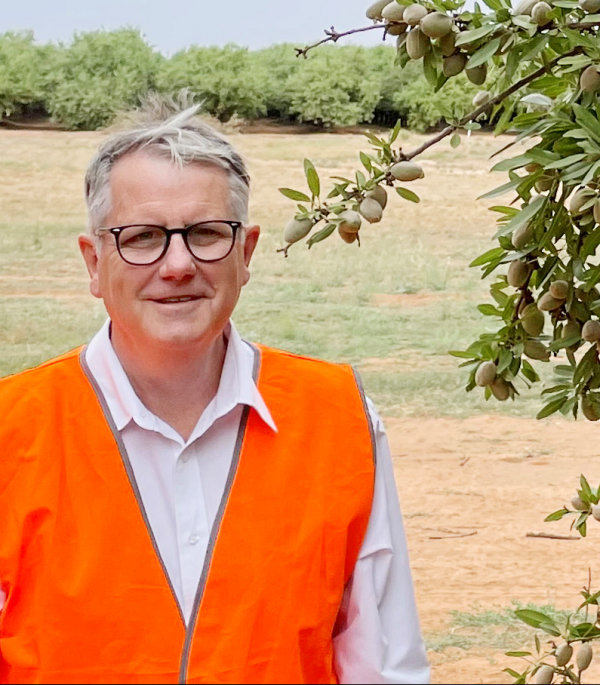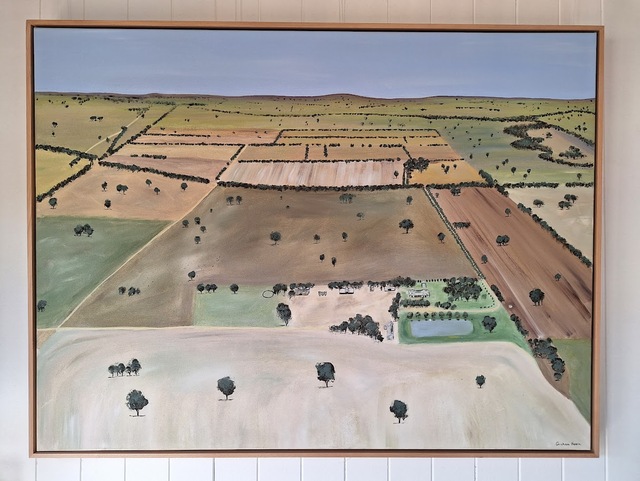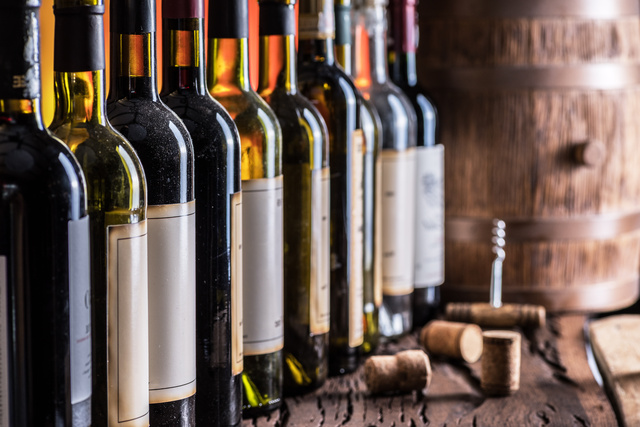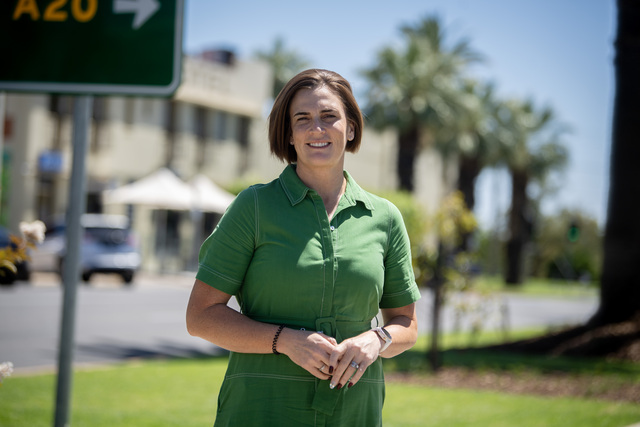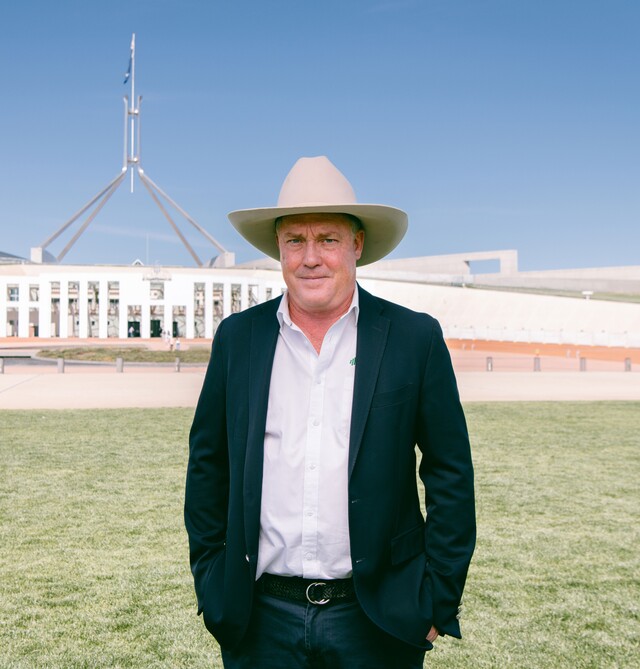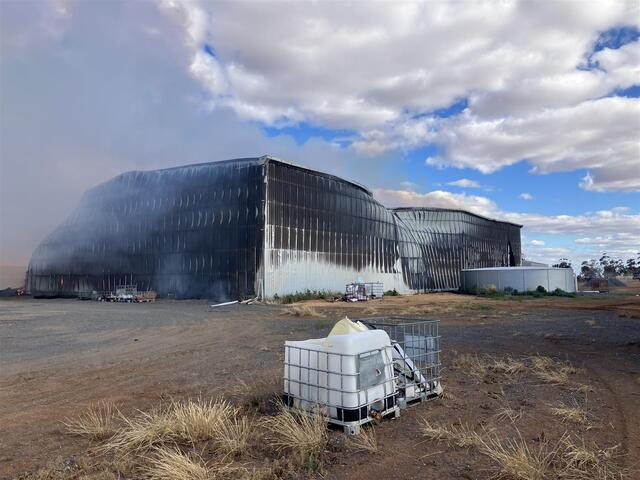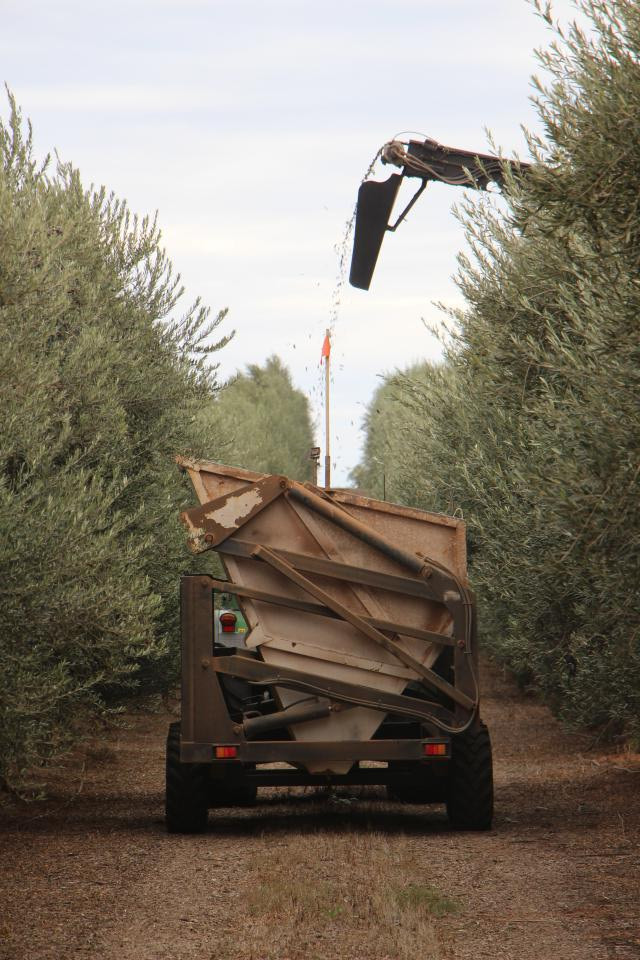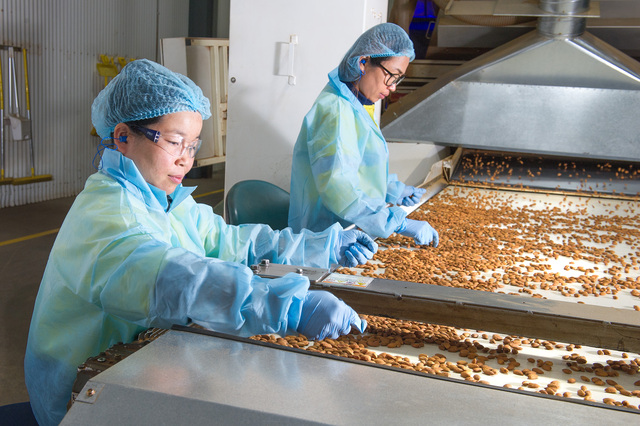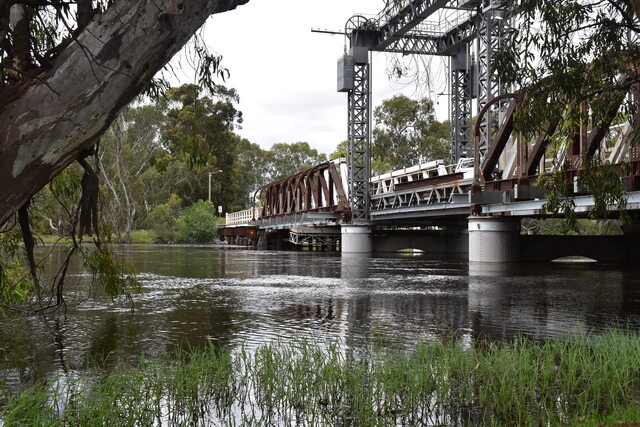LEADING almond producer Select Harvests, which has orchards in the Mallee, the South Australian Riverland and Riverina in New South Wales, says the detection of a parasitic mite that attacks and feeds on European honeybees is an “extremely serious issue” for the company and Australia’s food security.
Detection of the mite has now prohibited the movement of bees from NSW into Victoria as a prevention and control method, with almost half of Select Harvests’ pollination services potentially disrupted.
Almost 30 per cent of the company’s orchards are in NSW and are impacted by the control order, while a further 11 per cent are dependent on hives located in NSW.
Almond orchards are 100 per cent dependent on European bee pollination services to produce a commercial crop with pollination occurring during blossom, in the last three weeks of August.
The varroa mite was detected in a sentinel hive at the Port of Newcastle last week.
The NSW Department of Primary Industry and other state government departments have been working to eradicate and prevent the further spread of the mite, with the co-operation of industry bodies including the Almond Board of Australia.
All beehives in NSW have been placed on a standstill and are unable to be moved or opened without authorisation.
The Federal and state governments, in consultation with the key industry bodies, are reviewing the establishment of a certification system similar to the COVID pandemic process, allowing bees to freely move between Queensland, Victoria and South Australia in order to allow apiarists to provide pollination services to agricultural crops.
Select Harvests said it was hoped this would extend to unaffected regions of NSW once the standstill order was lifted and has started mitigation strategies to support the 2023 crop pollination.
These include sourcing additional hives within state borders, reallocating hives to avoid interstate movements and reviewing hive density requirements by orchard.
Managing director Paul Thompson said that while the situation was concerning, he had “every confidence” that the national eradication program would contain the incursion and pollination services would be provided from NSW hives.
“Clearly this is an extremely serious issue for Select Harvests and Australia’s food security,” Mr Thompson said.
“Both the government and industry understand the need to support pollination services as they did during COVID.
“In the event the incursion does not get contained, it will impact Select’s 2023 crop pollination.”
Victorian deputy chief plant health officer Stephen Dibley said there had been no detections of varroa mite in Victoria, and the restrictions were in place to prevent that from happening.
Dr Dibley urged beekeepers to inspect their hives regularly for signs of varroa mite and other exotic pests, and take appropriate measures.

